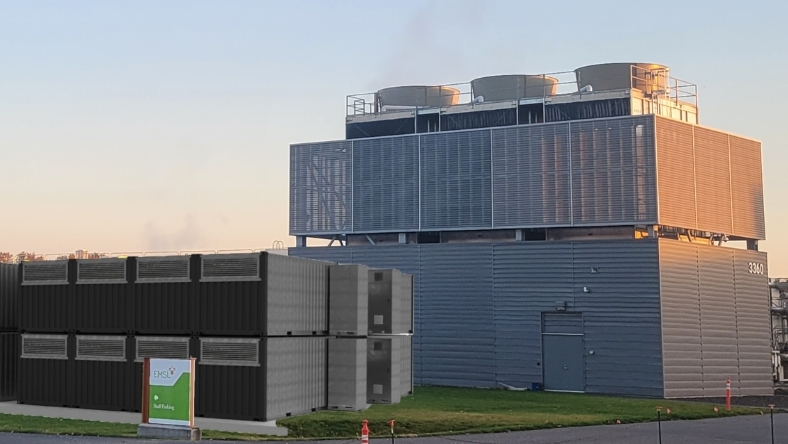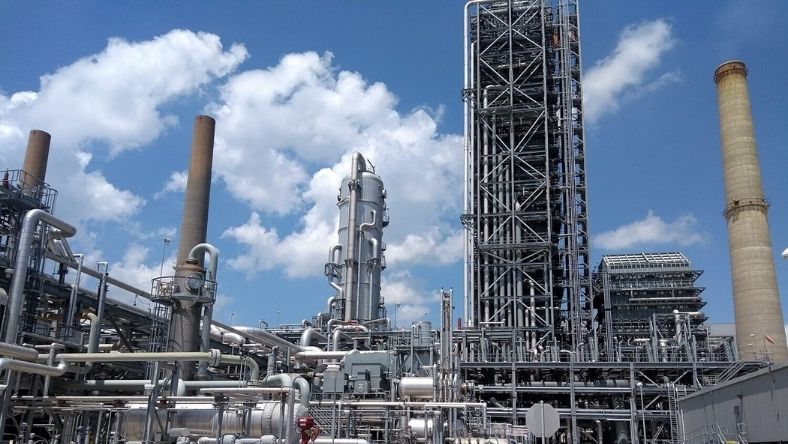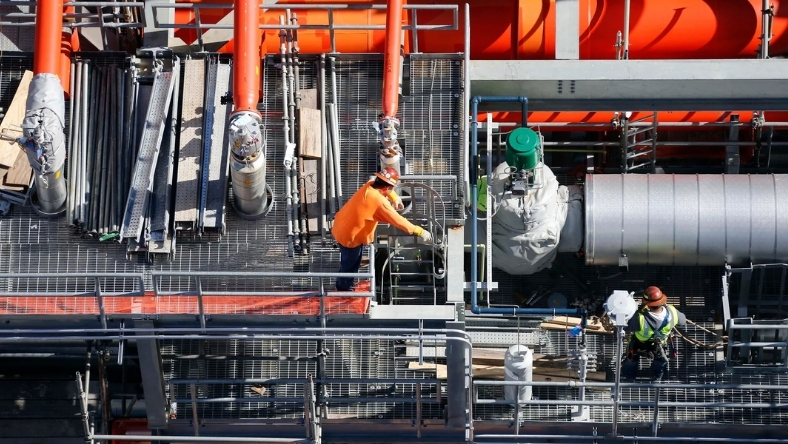MARKET TRENDS
DOE’s $7.56B Pullback Rattles Carbon Transport Plans
Cancellation of $7.56bn in awards unsettles CO₂ developers as financing and policy risks grow
16 Oct 2025

The Department of Energy’s decision to terminate roughly $7.56 billion in clean energy awards has unsettled developers across the U.S. carbon capture and transport sector, clouding the near-term outlook for major pipeline projects. Among the affected programs were large-scale direct air capture hubs planned in Texas and Louisiana, though several appeals and funding reviews remain ongoing.
The cancellations have prompted developers to rethink their strategies. Many are expected to scale back ambitious, multi-state carbon dioxide pipeline plans in favor of modular buildouts that can adjust as federal policy evolves. Some are also shifting focus toward industrial sources such as ethanol and ammonia plants, where emissions are steady and commercial arrangements easier to secure.
Industry figures expressed concern that the move could slow progress toward a national carbon transport network. A spokesperson for Summit Carbon Solutions said the DOE’s decision underscores "the importance of stable policy and partnerships" for building large-scale carbon infrastructure, highlighting the need for flexibility as federal priorities shift.
The financial community is reacting cautiously. Lenders are increasingly demanding stronger protections, including minimum volume guarantees, adaptive tariffs, and step-in rights to hedge against potential project shortfalls. Early-stage ventures face higher financing costs, while equity investors weigh exposure to uncertain regulatory and funding outcomes.
Analysts say the result is a reshaped competitive landscape. Projects linked to established emitters appear more resilient than those dependent on future direct air capture volumes. Pipelines serving existing ethanol corridors or chemical complexes are now viewed as safer bets than greenfield systems tied to speculative hubs.
While some awards could still be reinstated on appeal, the DOE’s action reflects the broader volatility surrounding federal climate funding. For now, the nation’s carbon infrastructure push remains as much a financial and policy test as an engineering one, favoring developers able to adapt quickly to shifting federal tides.
Latest News
6 Feb 2026
New Monitoring Tech Points to a Safer CO2 Pipeline Era5 Feb 2026
Why CO₂ Pipelines Are Suddenly in High Demand4 Feb 2026
Can Digital Twins Keep Europe’s CO2 Pipelines Safe?3 Feb 2026
Compression Power Play Marks New Era for US Energy
Related News

INNOVATION
6 Feb 2026
New Monitoring Tech Points to a Safer CO2 Pipeline Era

MARKET TRENDS
5 Feb 2026
Why CO₂ Pipelines Are Suddenly in High Demand

TECHNOLOGY
4 Feb 2026
Can Digital Twins Keep Europe’s CO2 Pipelines Safe?
SUBSCRIBE FOR UPDATES
By submitting, you agree to receive email communications from the event organizers, including upcoming promotions and discounted tickets, news, and access to related events.